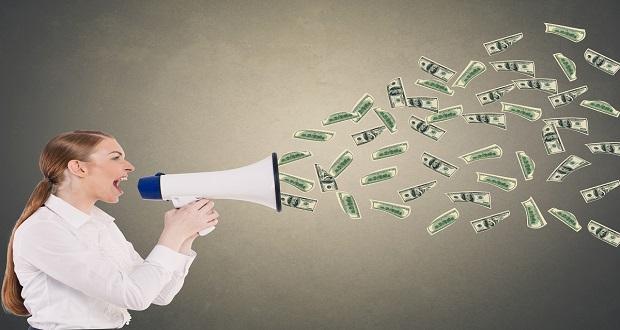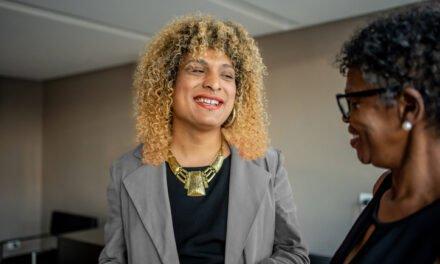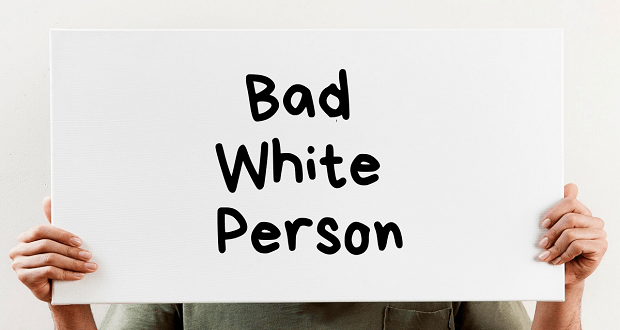
Throughout this series, we have been exploring the ways in which “Inclusion is Political, ” and what it looks like to lean into advocacy in different settings. We have addressed the ambiguity around social media advocacy, the difficulty of having these conversations within our families, and last week, we discussed what it means to stand in solidarity within our workplace environments.
Today, we will be furthering this conversation by exploring what it means to be a conscious consumer, and how we can express our values by supporting people and businesses that are aligned with them – and choosing not to support those who aren’t. We will address what it means to leverage our power as consumers to stand for and foster inclusion.
A group of friends and I were recently having a conversation about popular rapper Kanye West and his recent media appearances. This was shortly before his most recent appearance at the White House. During this conversation, we all agreed that West’s decisions as of late have been deplorable. From his “slavery was a choice” comment to his MAGA hat and direct support of President Trump, he’s left us frustrated and drained. Though we could all agree on a clear misalignment between his actions and our values, we could not agree on what it means for our future support for him. Some of us believe that if our values are not aligned with Kanye West’s, then we should no longer purchase his products. Others believe that voicing their disgust for him is enough and that purchasing his shoes and disagreeing with what he stands for are not mutually exclusive.
The conversation eventually ended as we agreed to disagree, but it got me thinking about what it means to be a conscious consumer. I began considering the relationship (if any) between my consumer habits and my values: Does my monetary support indirectly reinforce a larger political narrative that I disagree with?
Kanye’s visit to the White House to meet with President Trump only made this question more relevant. Though much of what he spoke about made no sense and seemed to add little value, Kanye did make two interesting comments that reaffirmed that where we spend our money DOES matter.
Though much of what he spoke about made no sense and seemed to add little value, Kanye did make two interesting comments that reaffirmed that where we spend our money DOES matter. Share on XDuring his monologue, he noted, “When I put this [MAGA] hat on, it made me feel like Superman.” Kanye expressed that he felt validated by what President Trump has said since deciding to run for office. He agrees with President Trump’s campaign slogan and supports his vision. Kanye also mentioned that President Trump “gave him the heart to go to Adidas” to discuss business, which he noted now has a 38-BILLION-dollar market cap and is affectionately known as “The Yeezy Effect”. Kanye explained that he felt empowered by Trump to go and have that initial conversation, revealing his admiration for Trump’s business acumen and attitude. Kanye believes in Trump. So, the question becomes – as simplistic as it may seem – if you buy Yeezys, are you supporting this belief?
Kanye believes in Trump. So, the question becomes – as simplistic as it may seem – if you buy Yeezys, are you supporting this belief? Share on XIt is difficult to separate an individual from their brand. One’s brand is an extension of who they are and what they believe. Supporting an individual’s brand means supporting the impact that they are having on a much broader scale—be it pop culture, policy, or in the community. That said, it is imperative that we understand the larger implications of our purchases. There is real power in where we spend our money – and where we choose not to.
So, how do we ensure our purchasing decisions align with what we believe? What does it look like to advocate for inclusion with our dollars? Being a responsible and conscious consumer means being intentional in understanding the brands behind the products and services we use. It means educating ourselves on the values and practices of those brands. It means doing the research as part of ‘doing the work.’ Being a conscious consumer means putting your money where your values are—which in some cases might involve not supporting those who believe or behave in ways that are at odds with inclusion.
A conscious consumer also understands that these responsibilities do not end with our spending habits. All of our choices can signal our values and commitment to inclusion. We can’t do it all, but we can do something.
With that, here are some tips to consider in aiming to be a Conscious Consumer.
- Acknowledge the elephants in the room. What problems exist within the industry or company? What role do you play as a consumer in perpetuating these problems? For example, let’s not just pretend that sweat factories don’t exist every time we buy Nikes, or that Kanye hasn’t said some abhorrent things when we buy Yeezys. Let’s be honest about where our goods come from and who we’re supporting. That doesn’t automatically mean we have to buy everything local, organic, American-made, and only produced by good people. We live in a flawed global economy. Let’s at least just be honest about it.
- Be an educated consumer and look for companies who act with transparency. Read up on where you’re spending your dollars. Who makes the product? Who sells the product? How direct is the line from producer to consumer? How does a company pay its workers? Are they transparent about mistakes, shortcomings or opportunity for growth? Do they acknowledge responsibility or connection to their communities? We can and should ask all these questions – and with google we can find the answers.
- Make doing the right thing part of your consumption – even in small ways. As I’ve mentioned, we live in a flawed global economy, and it’s difficult to always make the “right” choices. We will sometimes support people we disagree with (I’m looking at you, Chick-fil-a), and we will do so knowingly. But, we can make small changes. When a white barista called the cops on two black men at a Starbucks a few months ago, some people decided to take that opportunity to “boycott” Starbucks by purchasing their coffee from local coffee shops instead. Debates can be had about the effectiveness of a Starbucks boycott, but it would be hard to argue that supporting a local business is not a positive change.
- Share your findings with friends. Friends don’t let friends walk around in Yeezy’s uneducated. In all seriousness, we should share what we learn with the people we love. The goal is not to change people’s minds or cause guilt, but rather, it’s to raise the critical consciousness of our circles. Conversations like the one I had with my friends about Kanye give us all an opportunity to reflect and consider what we believe in and how we act on it.
Ultimately, the choice to support an individual, a cause, an ideal – is yours. But in understanding that inclusion is in fact political, we must strive to ensure our choices are well informed and in line with what we believe.
In understanding that inclusion is in fact political, we must strive to ensure our choices are well informed and in line with what we believe. Share on X

















